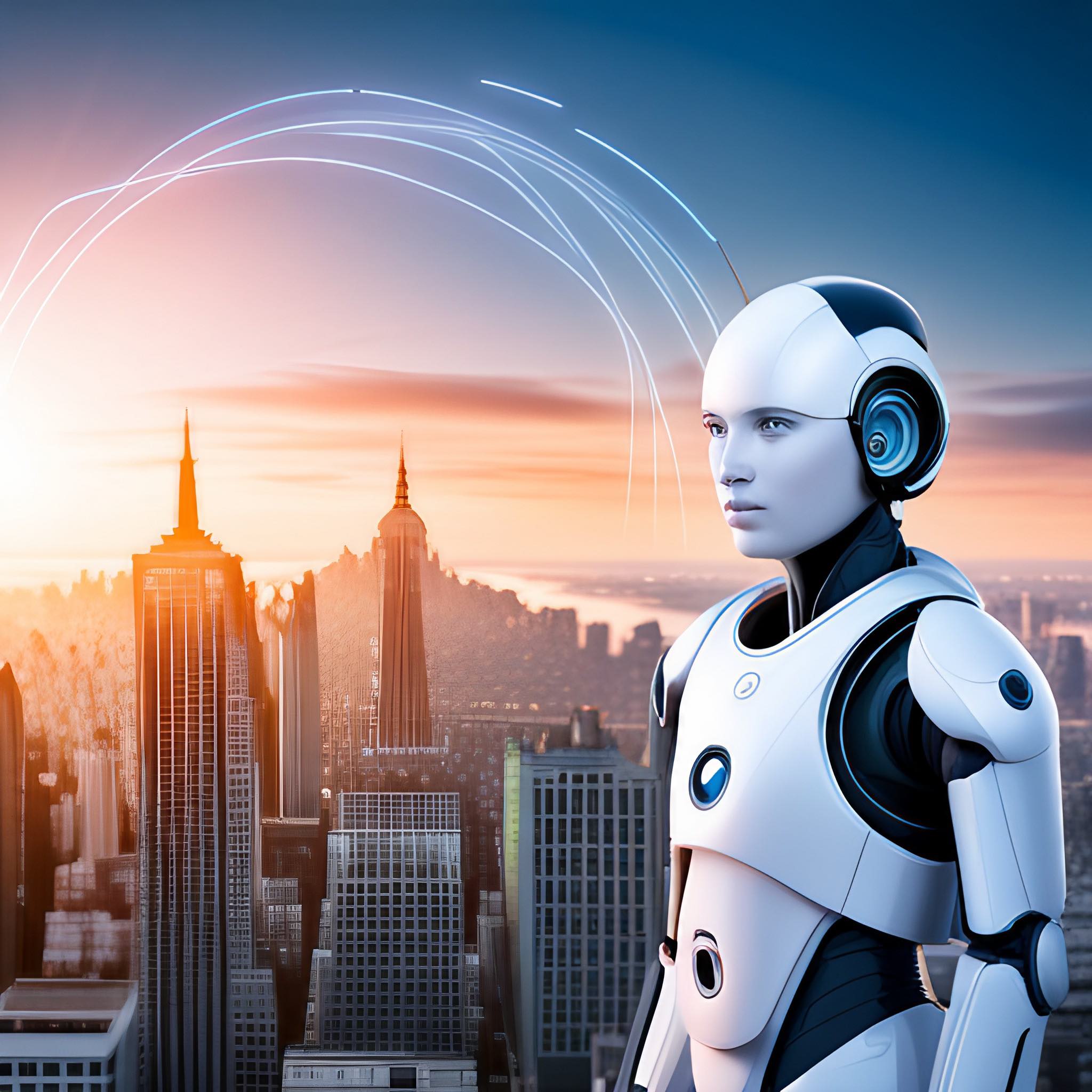Jus finished dreading a scary article in VentureBeat about an AI Feedback Loop, it seems we are getting ahead of ourselves with the way we are creating content using Artificial Intelligence. In the age of generative AI, where artificial intelligence systems are capable of producing content autonomously, concerns have been raised regarding the quality and reliability of AI models. As AI-generated content proliferates across the internet, researchers have discovered a phenomenon called “model collapse,” which poses a significant challenge to the future of generative AI. This article delves into the findings of a recent study conducted by researchers from the UK and Canada, shedding light on the implications of model collapse and the potential solutions to mitigate its impact. A good example this is true, is our latest article in Botcratic regarding the limited amount of jokes available in ChatGPT.
Model Collapse: The Degenerative Process
The study primarily focused on probability distributions for text-to-text and image-to-image AI generative models. Researchers concluded that training AI models on data generated by other models leads to a process of model collapse, wherein models progressively forget the true underlying data distribution. This degenerative process occurs even under ideal conditions for long-term learning, causing AI models to generate erroneous responses and exhibit a diminished variety in their outputs. The researchers found that model collapse happens swiftly, leading models to rapidly lose their grasp on the original data from which they were trained.
The Pollution of AI-Generated Data
Model collapse arises as AI training models are exposed to an increasing amount of AI-generated data, which subsequently contaminates the training set for subsequent models. Generative models tend to overfit popular data and struggle to understand or represent less common data accurately. Over time, this pollution with AI-generated data distorts the models’ perception of reality, resulting in a biased and inaccurate understanding of the world. Even efforts to train models against excessive repetition fail to prevent model collapse, as the models begin fabricating erroneous responses to avoid repetition.
Implications and Challenges
The implications of model collapse extend beyond the degradation of response quality. If left unchecked, it can contribute to discrimination based on gender, ethnicity, or other sensitive attributes. Minority groups may be misrepresented or even disregarded in the generative outputs, exacerbating existing biases. To counteract model collapse, it is crucial to ensure fair representation of minority groups in training datasets, both in terms of quantity and the accurate portrayal of distinctive features. However, achieving this fairness poses a significant challenge due to the models’ limited ability to learn from rare events.
AI Feedback Loop: Preventing Model Collapse
The researchers propose two key strategies to prevent model collapse and maintain the integrity of generative models. The first approach involves preserving a pristine copy of the original human-produced dataset and refraining from contaminating it with AI-generated data. Periodic retraining or a complete refresh of the model using this exclusive human-produced dataset can help prevent model collapse. The second strategy entails reintroducing new, clean, human-generated datasets into the training process. However, implementing these strategies would require reliable and large-scale efforts to differentiate AI-generated content from human-generated content, which is currently lacking.
The Value of Human-Created Content
While the emergence of model collapse raises concerns for generative AI technology, it highlights the continued value of human-created content. In a future inundated with AI-generated tools and content, human-created content will become even more valuable as a source of pristine training data for AI models. Maintaining the integrity of generative models over time and addressing the risks associated with unchecked generative processes will be paramount for the field of artificial intelligence. Further research and improved methodologies are necessary to develop strategies that prevent or manage model collapse effectively.
Can we avoid the AI Feedback Loop?
The phenomenon of model collapse presents a significant challenge for the future of generative AI technology. As AI models increasingly train on AI-generated content, irreversible defects emerge, compromising the quality and reliability of their outputs. The findings of this study emphasize the
importance of addressing model collapse and maintaining the integrity of generative models. By implementing strategies that avoid contaminating training data with AI-generated content and incorporating new human-generated datasets, the detrimental effects of model collapse can be mitigated. As the field of artificial intelligence progresses, tackling model collapse will be crucial to ensure the continued improvement of generative AI technology.







